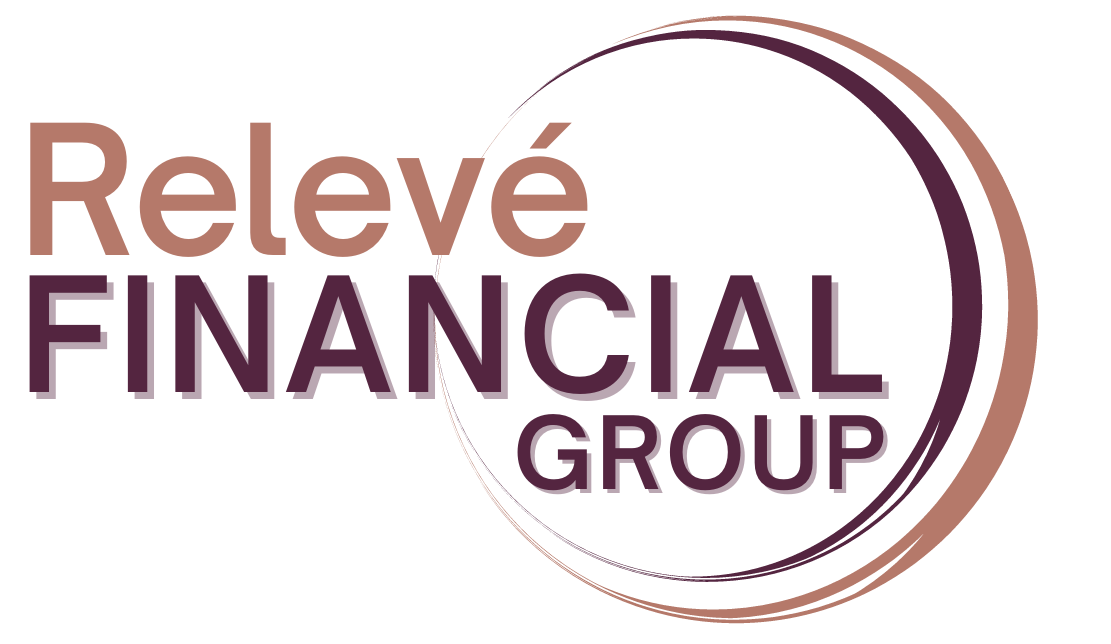Most of us have dreamed about winning the Powerball jackpot and have imagined what we would do with our newfound fortune, but examining our relationship with the lottery can provide some useful insight into human psychology.
It is no secret that the chances of drawing the winning numbers are slim (1 in 292,000,000 or 0.00000000342% to be exact), but that doesn’t stop us from trying…
As a matter of fact, Americans spend over $73 billion dollars on lottery tickets each year – or an average of $223 per person! And that’s saying a LOT, especially with what we are currently facing in today’s economy.
From an investing lens, buying lottery tickets is obviously a poor investment – with an expected return of essentially 0% – you may as well toss your cash out with the garbage. So why then, with almost a 100% certainty of taking a loss, do we play the lottery anyway?
- FOMO – The thought being: “Everyone else is doing it, I don’t want to be left out or miss my chance to win.”
- Illusion of Control – Because we can choose our own numbers, we might “think” we’re playing a hand in controlling the outcome.
- Excitement – Taking what is perceived as a small risk for the potential of a big reward.

It is tempting to follow the advice of friends and family when they have a lead on “the next hot stock” or an investment “strategy” that promises high returns, but just like that lottery ticket these are high risk speculative investments and rarely suitable for a well-diversified portfolio viewed through a long-term lens.
Following the herd can “feel” comfortable in the moment, but it rarely serves us in the long term. We might think being a part of the majority can provide us with needed comfort in tough situations – the thought being, if something bad happens, at least most people are in the same situation with us. However, when it comes to investing, this behavior can severely dampen long-term returns.
An investor who has been “going with the herd” since 1993 and only buys while the market is trending upward would have had an average return of only 5.5% each year. While “going against the herd” and buying whenever the market is trending downward (and most other investors are selling) would have resulted in an average return of 15% over the same period. Read that again!
As Warren Buffet has said, “Be fearful when others are greedy. Be greedy when others are fearful”. More often than not, when we let our emotions drive our financial decisions, the outcome won’t be what we had hoped. Instead:
- Shift your mindset.
- Outline your risk tolerance, financial and life goals.
- Make informed decisions and adjustments to plans and with your investments.
We all struggle with self-doubt and fear, but on the other side of the spectrum we can still fall victim to overconfidence when it comes to investing, so it’s important to be mindful.
Forecasting the direction of markets and macroeconomic factors at play is notoriously difficult, even for financial professionals.
A study by the Federal Reserve Bank of Philadelphia asked Wall Street experts to predict the direction of interest rates, and the results were more than surprising. These “market experts” were only correct in predicting the direction of interest rates 45% of the time, less accurate than a random coin flip!
Markets are unpredictable, so it is important to stay humble, cautious, and informed as you build and adjust your investment portfolio.

Jake Fromm | Chief Investment Officer, CFS® | It is our mission to help you think differently about your wealth so you can LIVE WELLthy™ today and tomorrow.
